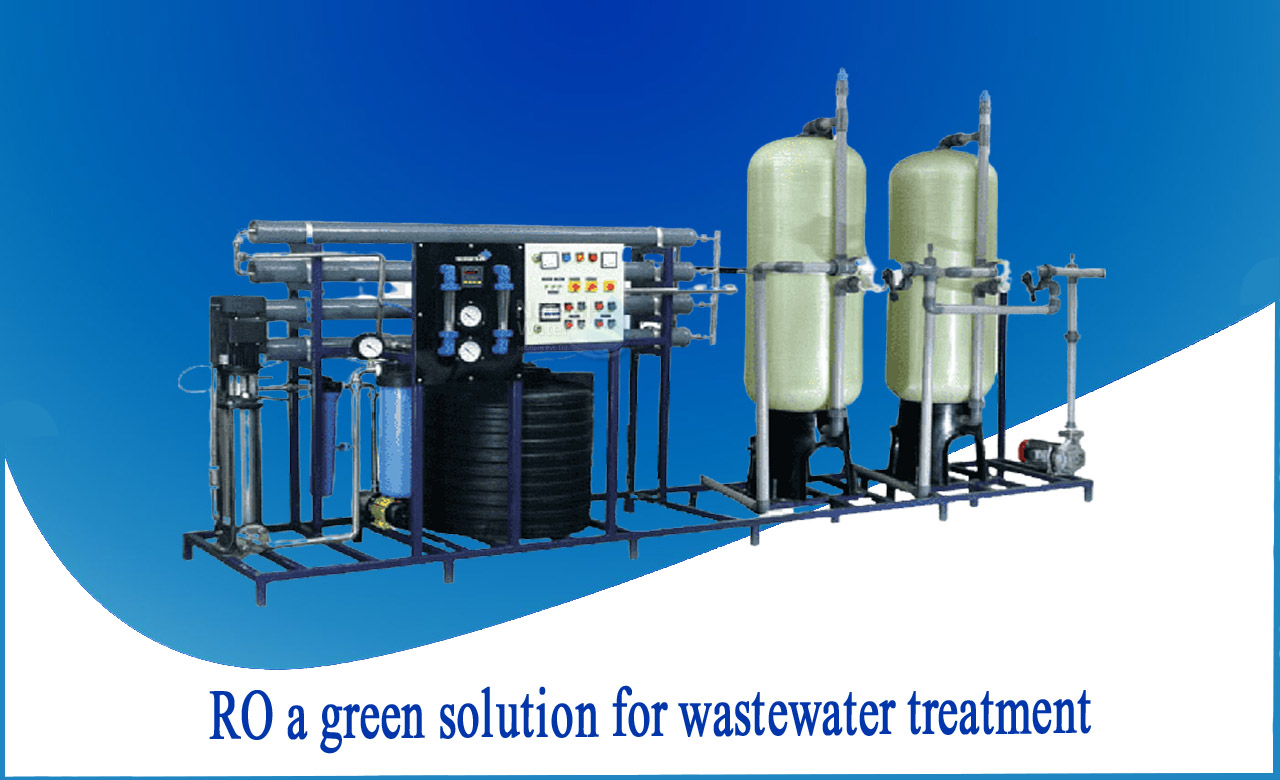Reverse osmosis (RO) is becoming increasingly popular for wastewater management and treatment, especially in industrial processes. Companies recognize how important responsibility is when dealing with such large amounts of water. Water filtration systems like RO are an investment that companies should make. These provide a safer working environment, less maintenance and save costs over time. You also need to comply with certain regulations and laws.
What is wastewater?
Wastewater is water that has been adversely affected by human consumption. This can result from domestic, industrial, commercial, or agricultural activity. It can be transported to a sewer system or a sewage treatment plant. Discharging wastewater into the environment without proper treatment can lead to water pollution. Companies should be charged hefty fines if they violate environment regulations.
As society becomes more environmentally conscious, rules and regulations become stricter. Proper wastewater treatment and management is important to your business. In addition to complying with regulations, you can also save money by reusing water that is otherwise disposed of. Below is a list of several industries that produce wastewater through manufacturing-
1- Automotive
2- Food and Beverage
3- Agriculture
4- Manufacture
5- Aerospace
6- Industry
7- Pharmacy
How to Treat Wastewater Using Reverse Osmosis?
RO is a filtration solution for treating wastewater of various types of water. It is becoming more and more popular. RO can repel 99.9% of bacteria. The reverse osmosis system can be used in combination with other water filter units. The quality of the water to be treated and the quality of the water required for reuse vary depending on each aqueous solution. This will vary from solution to solution, as the quality of raw water varies from location to location. It also depends on the impurities used in the manufacture. RO works by removing impurities from contaminated water. This is done through a printing process that passes the contaminated solution through the membrane. After treatment, the water can be reused for production or safely disposed of.
Is RO an environmentally friendly solution for industrial wastewater treatment?
Traditional water treatment methods require more chemicals than RO. Bringing chemicals to the field, transporting them, and letting someone manage them is a health and safety risk. It is better for the environment to treat the wastewater on-site rather than collecting it frequently on the truck. The reverse osmosis system is also an automatic cleaning self-contained unit with very little maintenance. Treated wastewater can be safely disposed of or reused for return to production. This is a big advantage as it saves space and money.
Conclusion
RO is just one of the options for wastewater management and treatment. However, due to its many advantages, it is becoming more and more popular in the manufacturing process. Each company faces a variety of wastewater challenges due to the sheer number of factors that affect quality. To understand specific water problems,water analysis tests are performed. In this way, you can determine the purity of your existing water and provide the best solution for achieving your desired water quality goals. The latest membrane technology from Netsol Water used in reverse osmosis does not require chemicals and uses electricity and high pressure water.



